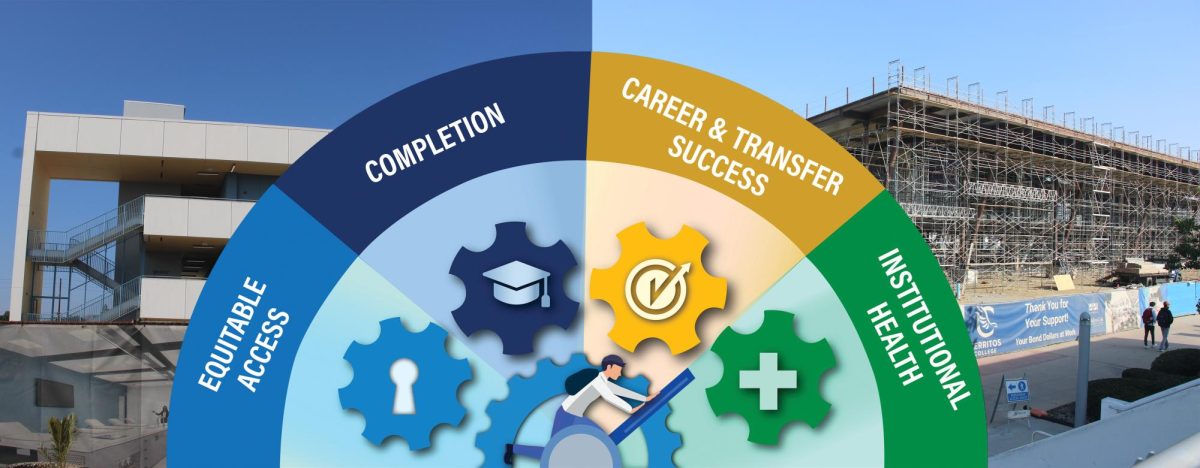Students learned there was more to worry about than congested parking lots and long lines at the bookstore on the first day of the spring semester: a possible future fee increase.
Last Monday, seven days after taking office, California Gov. Jerry Brown released his first draft of the state’s budget for this year, which includes a proposed $10 per-unit fee increase for the state’s community colleges.
The state legislature can now choose whether or not to adopt the budget as early as June 30.
Nursing student Teresa Torres, whose enrollment fee is covered by the Board of Governor’s Fee Waiver, does not receive any further financial aid and has begun calculating the fee increase into her expenses.
“If you’re taking 12 units, that’s like 120 bucks extra? That’s a book right there,” she said.
Community college students seeking transfer into the University of California and California State University systems would likely also pay the price of Brown’s proposed $500 million cut to both institutions, according to Cerritos College President Dr. Linda Lacy.
“Students will either see another increase in tuition or reduction in the number of students accepted,” she said.
Nursing student Karina Orejel empathizes with students who have fallen victim to fee increases, but recognizes the importance of funding public services.
“It stinks for people who don’t go to school already because of the cost, but I know that in California there are a lot of good services available that come with a price,” she said.
“If I had to pay $10 a unit more for someone to keep healthcare, I would be okay with it,” she added.
Both UC and CSU systems previously approved 8 percent and 5 percent respective fee increases last November, days after Brown was voted into office.
Orejel attributes the current fee increase proposal to the $28-million state deficit.
“I think that any increase is unpleasant, but at the same time, our government is in way over its head; our debt is extremely deep,” Orejel said.
“Education is the last place where there should be an increase. It just seems it’s the last thing we should target,” she added.
Dr. Lacy expressed similar concern for students.
“There is nothing good in the budget proposal for students in higher education. In essence, students will be paying higher fees and receiving fewer services and opportunities,” she said.
She offered a plan of action for students dissatisfied with the governor’s plans: “Contact your local legislators.”
Dr. Lacy also suggested students, “Plan well, seek tutorial services and advisement, and successfully complete every class you have had the opportunity to enroll in.
“The number of sections offered will continue to be limited. Also, talk to everyone about how the cuts in education have affected you.”







